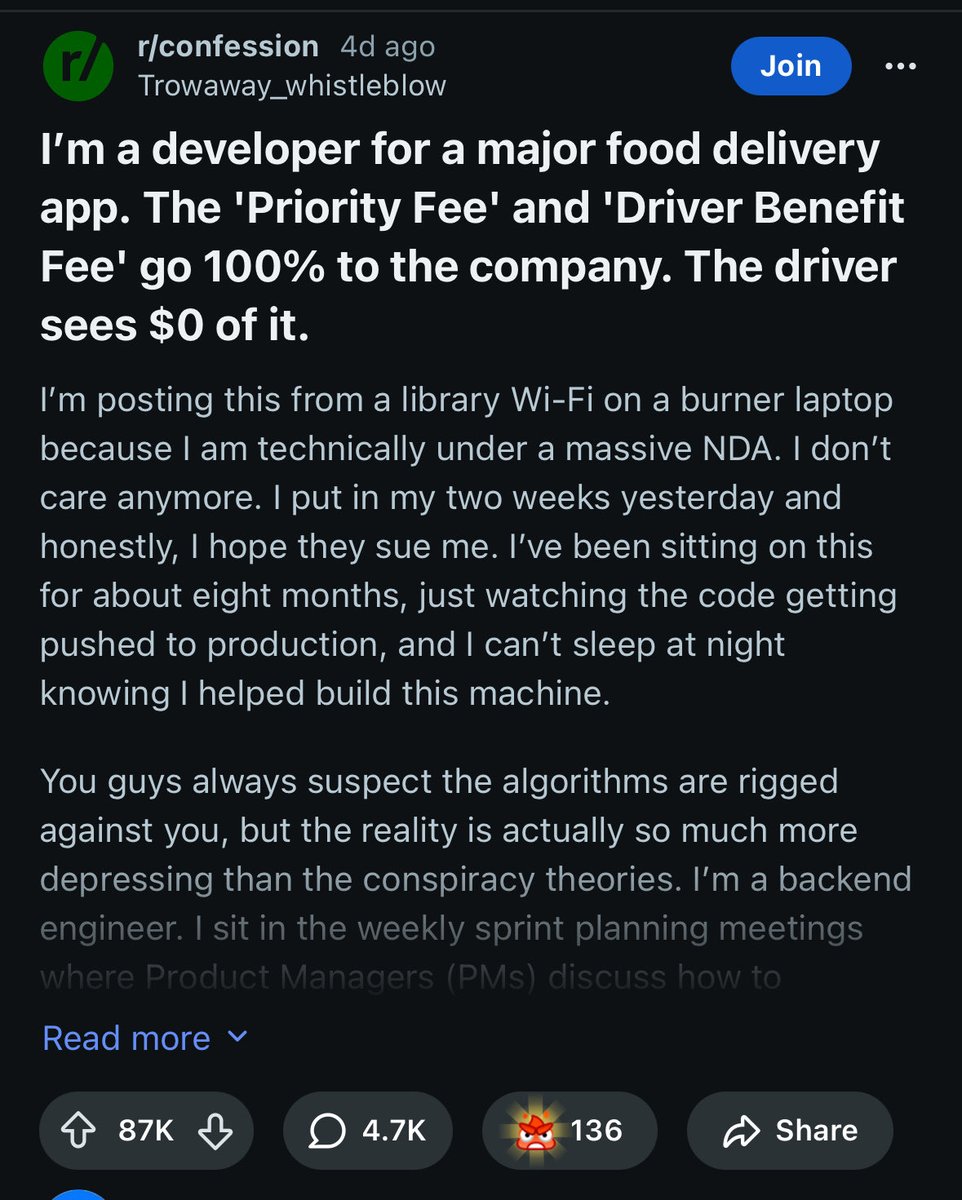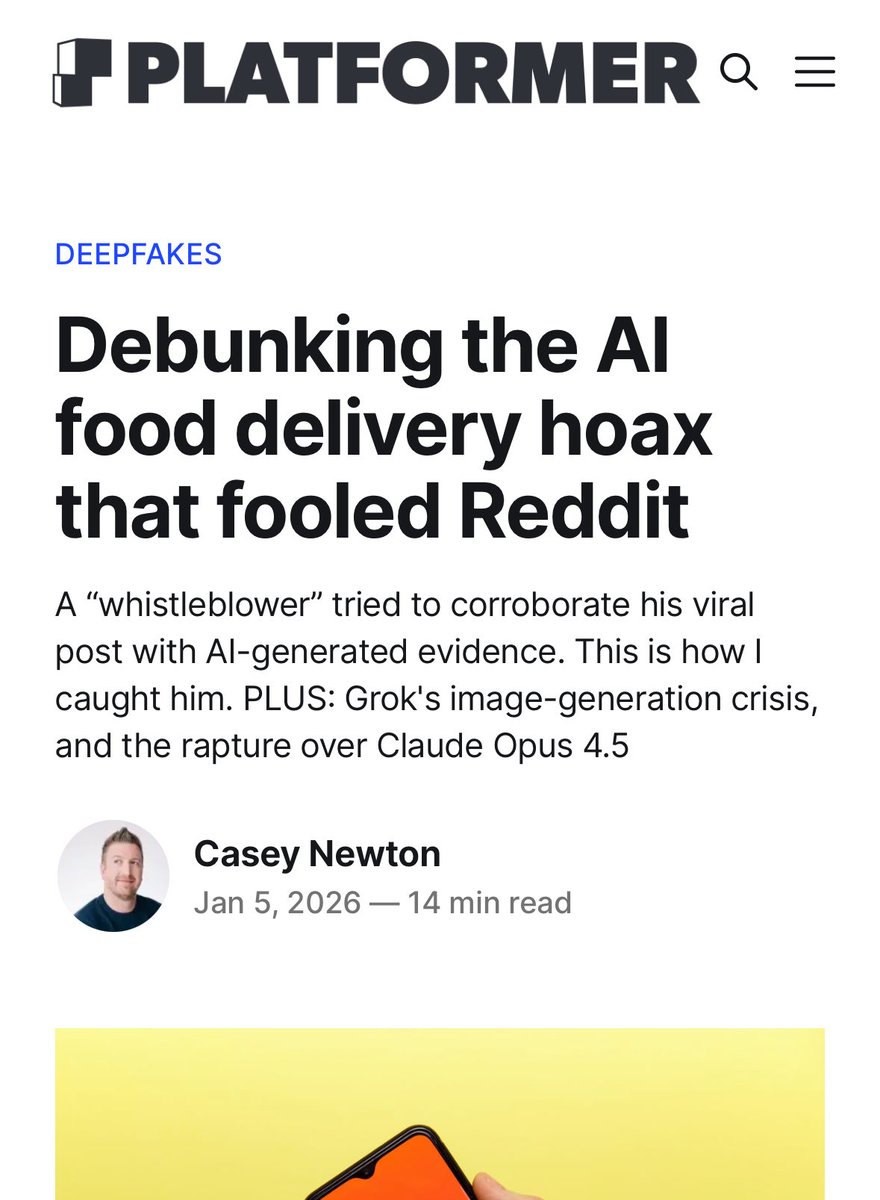As a tech lead or eng manager, you so frequently get request from above or from other teams to drop what you are doing and work on this thing they need, *now*.
During my 4 years at Uber after asking these questions, 9 out of 10 times it turned out it wasn't really urgent:
During my 4 years at Uber after asking these questions, 9 out of 10 times it turned out it wasn't really urgent:
1. "What is the impact of this work you're asking for?" If the impact is unclear: sorry, but we can't do the work. Why would we?
Just this question made the requester realize half the time they just think it's urgent, but don't know what the work will actually result in.
Just this question made the requester realize half the time they just think it's urgent, but don't know what the work will actually result in.
2. "Do you have a spec that is agreed with stakeholders?" A writeup answering the "why" and the "what" that is signed off by relevant business folks.
I've seen so much engineering work thrown out as later the business goes "that's not what we wanted, why didn't you tell us?"
I've seen so much engineering work thrown out as later the business goes "that's not what we wanted, why didn't you tell us?"
3. "We're not committing to any work before we have done a rough estimation."
With #1 and #2 done, many stakeholders will come and say "drop what you're doing, this is a 3-day work we need ASAP."
Hold your horses. You don't make estimates: the team doing the work does...
With #1 and #2 done, many stakeholders will come and say "drop what you're doing, this is a 3-day work we need ASAP."
Hold your horses. You don't make estimates: the team doing the work does...
4. Make the cost of dropping what you're doing very clear.
This cost is always forgotten by the person coming with the request. But it's a relevant one: wrapping up work, onboarding to the new work, then later onboarding to the old work. Plus a hit on morale for a sudden change!
This cost is always forgotten by the person coming with the request. But it's a relevant one: wrapping up work, onboarding to the new work, then later onboarding to the old work. Plus a hit on morale for a sudden change!
Uber has some very hectic times when there were reasons we needed to do some new work ASAP. Like a regulation change that means the company would be banned from operating in a region if not building something.
Even in such a place, most "urgent" things turned out to be noise.
Even in such a place, most "urgent" things turned out to be noise.
The way I always approached these requests was to educate the person coming with them, and have them realize their work is actually not as urgent or as important or as impactful of what the team is already doing.
Doing so meant building empathy both ways, and less hard feelings.
Doing so meant building empathy both ways, and less hard feelings.
A huge upside of this approach: when committing, you *can* commit with a very high certainty that you will not be interrupted with your work.
The alternative: take on this "super urgent" work, then someone else comes along saying " I need you to drop what you are doing *now*..."
The alternative: take on this "super urgent" work, then someone else comes along saying " I need you to drop what you are doing *now*..."
• • •
Missing some Tweet in this thread? You can try to
force a refresh







